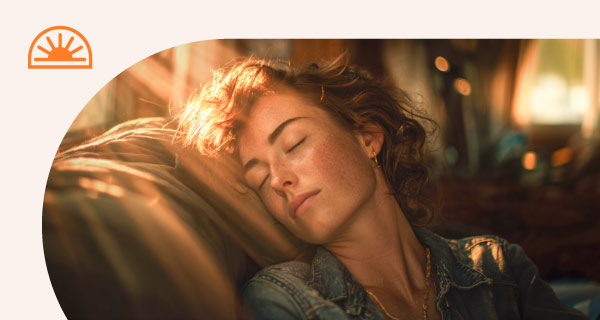You know who you are. You’re the one who reacts to the discomfort of being bored, angry, anxious, or depressed, by heading straight to the nearest mall. You shop on impulse, and you tend to go overboard. Instead of one outfit, you emerge from the shop with five. The problem is chronic and you tend to hide it from loved ones, who have criticized you in the past. The impact this has on your finances, not to mention your mood, is nothing short of soul crushing — a feeling that you often try to soothe by heading back to the mall, where the vicious cycle starts all over again.
A shopping habit may seem relatively innocuous to those with more insidious addictions, such as alcohol or gambling, but it shares the same profound dimensions as all forms of dependence. The act of shopping triggers the release of endorphins and dopamine, causing a feel-good sensation that temporarily distracts the addict from the underlying issues that have driven him or her to shop in the first place.
Unfortunately, there are no easy remedies for a shopping addiction. A self-imposed shopping ban is a good first effort but if the problem persists, it may be time to sign up for Debtors Anonymous, a 12-step program that will help break the cycle of addiction. In worst-case scenarios, the shopaholic may even consider relinquishing control of his or her finances to a trusted family member or friend.
What You Can Do
For those whose shopping habits threaten to verge out of control but don’t yet qualify as addiction, there are several steps that can ease you back from the brink. First, talk to someone about it. Admitting the problem out loud is the first step to getting help. Limit your access to credit cards, which are huge culprits in shopaholism. Instead, try to restrict your purchases to cash. And make a point of not shopping alone, because this is when the shopaholic tends to do the most damage.
In the end, if you simply must have that sweater (or handbag, or expensive perfume), then give yourself at least 24 hours between seeing it and buying it. Most impulse purchases are just that – impulses. Once you learn to rein them in, the desire dies. In its place lies a healthy bank account, and peace of mind.



